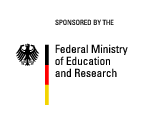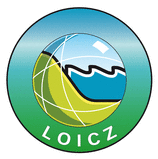ZEF explores aquaculture development and water-related environmental problems in Can Tho City
Considering a growing water contamination through expanding fresh water aquacultures in the upstream delta, ZEF recently conducted a field research in Can Tho City, aiming at exploring the linkages between fish farming and water-related environmental problems from a social science perspective. In Can Tho City, freshwater aquaculture has become a key sector for boosting the local economic development in recent years. Hundreds of new jobs have been created in commercial fish farms and processing companies and the rural scenery has altered accordingly in many places of the province. For instance, the Hau River Bank, which consisted of mainly rice fields and fruit orchards, has been transformed into a center of “pangasius (cá tra)” production, within five years, only. The pangasius fish has become one of the delta’s major export items and is sold worldwide. While the growing importance of fish farming stands for economic development and rising living standards for many rural households, the success story also has a negative dimension: Large amounts of untreated waste water from fish farming are discharged into the open canal and river networks. The pollution of water sources used for agriculture and domestic needs therefore highly contributes to the increasing environmental problems of the province, and beyond.
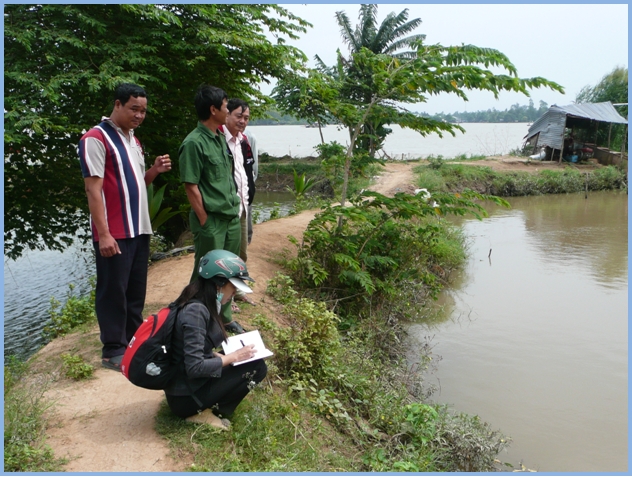
Figure 1: Transact walk through a fish pond compound in Thot Not district
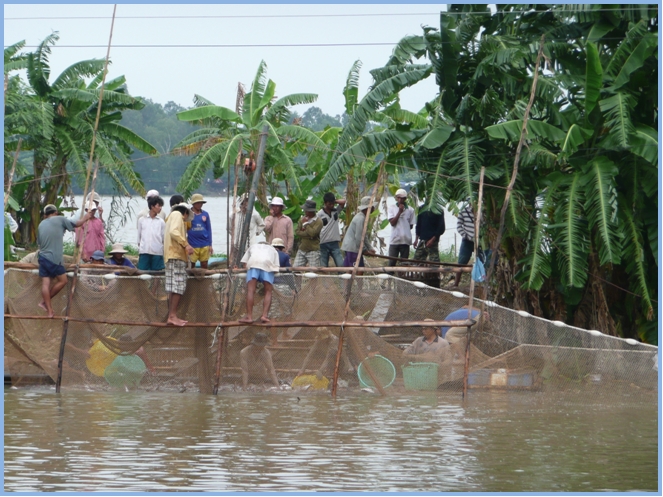
Figure 2: Labourers harvesting pangasius
The field research was conducted in Thot Not District, the pangasius production hub of Can Tho City. The main objective of the study is to understand the socio-economic conditions and social background of fish farmers in this district. Although some research has been conducted on fish farming in this area recently, only little is known about how this process of rural transformation occurred and who the farmers, engaging in fish farming, are. Furthermore, the study aims at capturing water-related environmental problems and the environmental awareness of fish farmers in the case study area.
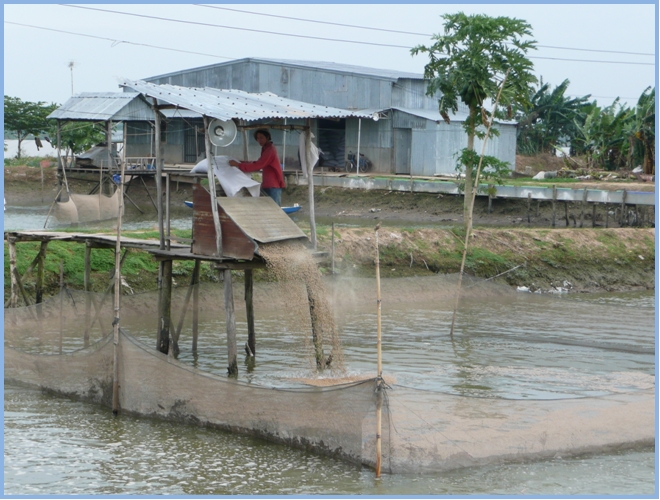
Figure 3: feeding hour
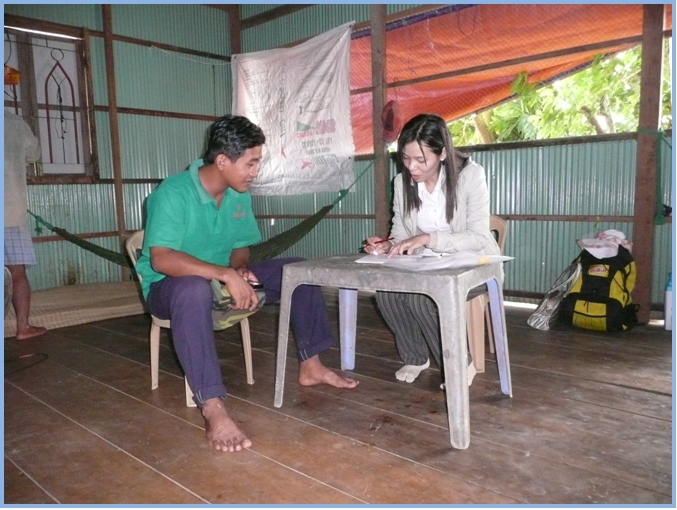
Figure 4: Interview with a fish farm staff
Following preliminary results of a series of PRAs conducted with fish farmers in November 2009, a questionnaire based survey was carried out by ZEF and MDI in December 2009 with a sample comprising 90 fish farms. For January 2010 it is planned to conduct another series of semi-structured interviews with non-fish farming households located within the research site to identify how these households are affected by water contamination due to surrounding fish farming activities. After completion of the field research, data will be analyzed in context of a MA thesis at MDI.
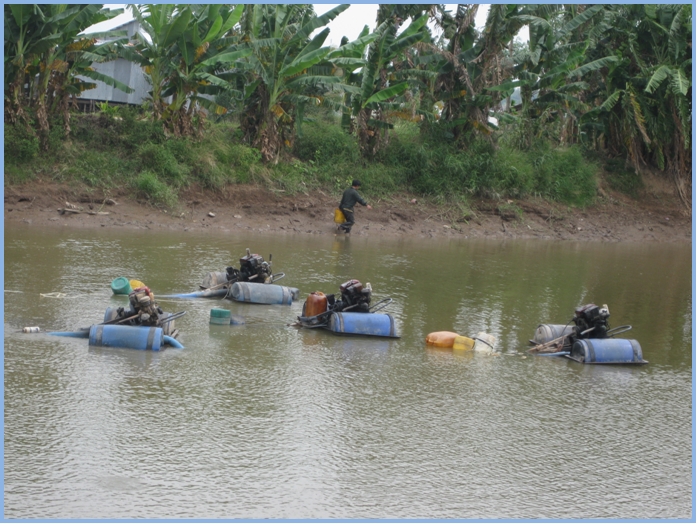
Figure 5: cleaning out a pond by pumps after harvesting
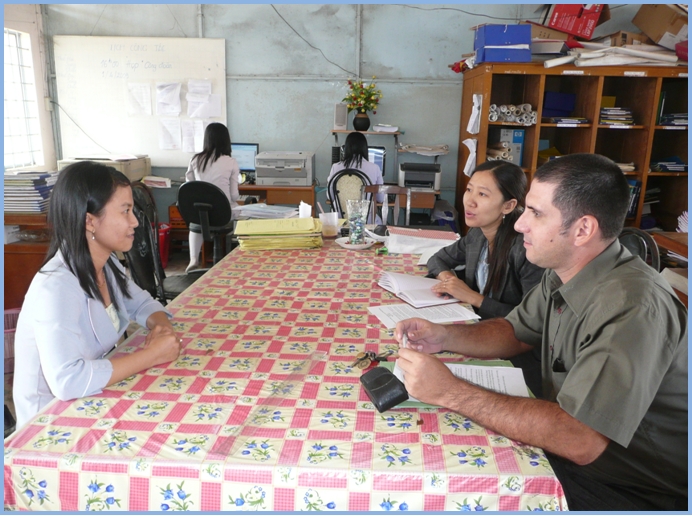
Figure 6: Interview with the Office of Environment and Natural Resources in Thot Not District


